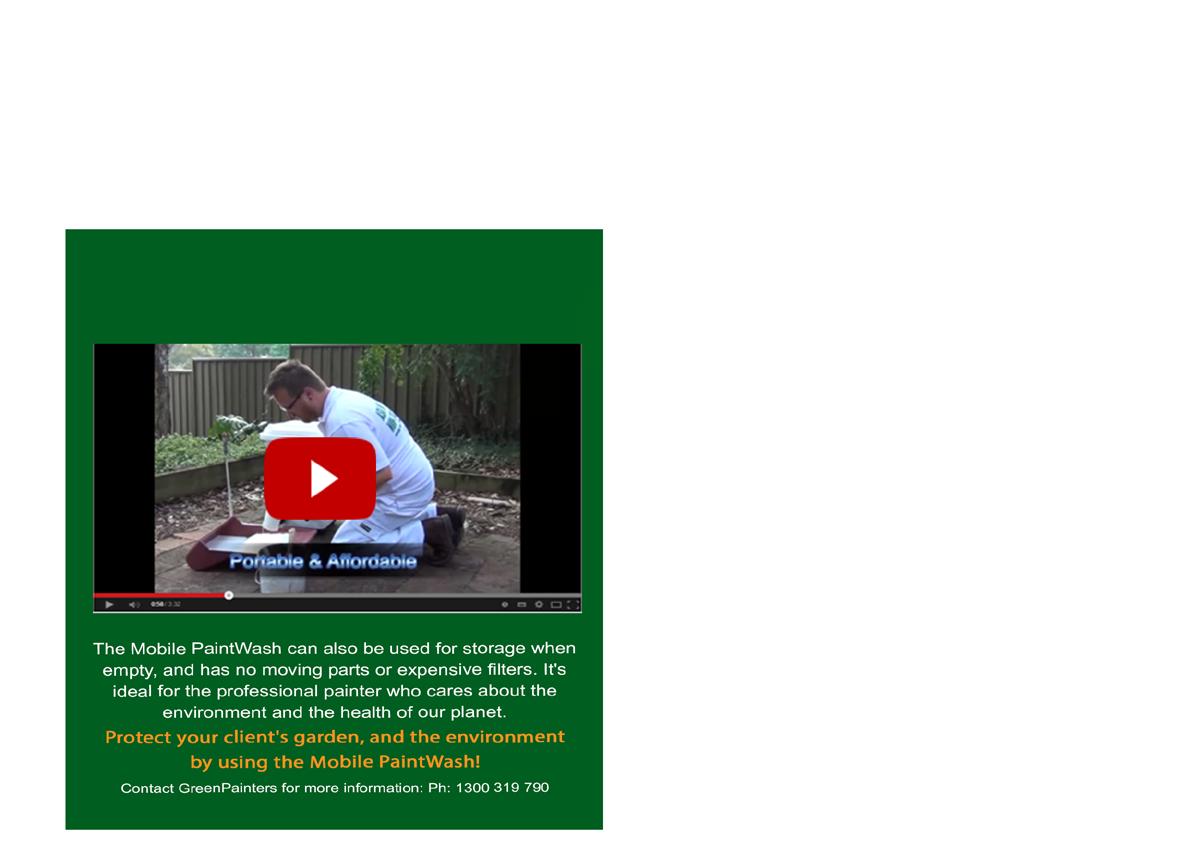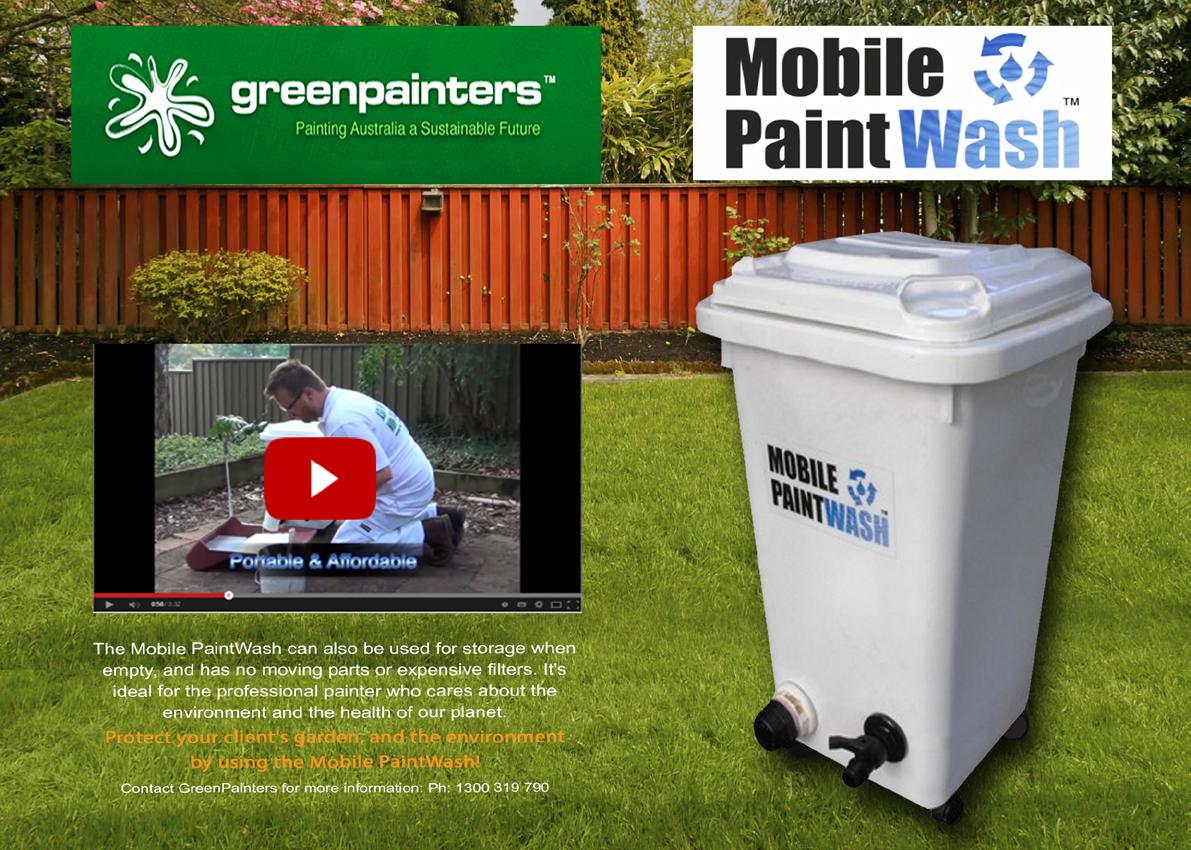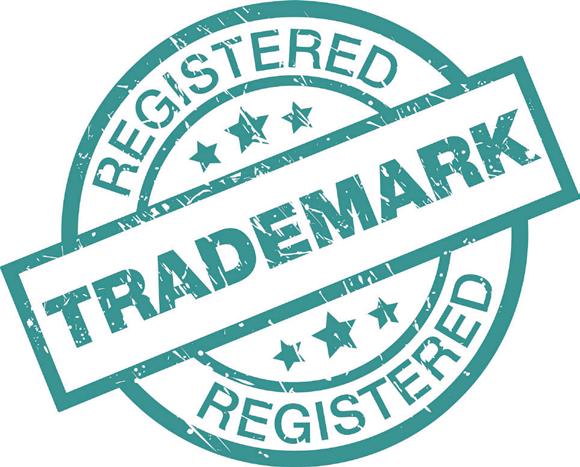
5 minute read
THE 7 HABITS of Highly Indebted People
I spend all my time trying to get clients their money. Inevitably sometimes you exhaust all avenues and cannot recover their money. This is very frustrating and can leave you feeling deflated. You ask yourself, “Where is the justice”? The most common thing I hear is business owners saying that “I did the work and I am entitled to every cent”.
That’s not quite true in my view.
One of the duties of a business owner is to mitigate and manage risk. Yet all too often business owners commit their companies to too much work, for too great a value, for very poor quality clients, under non-existent terms. If you do that you can hardly complain about entitlements and justice. The fact is that there are scumbags in the business world who will take your work and run. If you make it easy then you carry some of the responsibility.
When you find yourself with no way of getting your money, I advise you to learn from the episode by asking yourself 7 important questions:
I had a bad feeling about it. Why did I do the work anyway?
So often one’s 6th sense knows a scumbag when they see one. Pay attention to that inner voice and if it telling you that something is not right with your client/prospect then do further investigations before contracting with them or doing work. An early indicator is if your client is shy about giving you contact details, addresses, ABN’s and so on. Believe it or not, I have had clients do $20 000+ worth of work on the strength of a first name and a mobile phone number!
I hardly had any details about my client. Why didn’t I background the client properly?
Once I had a client that was owed a five figure sum only to find that his client was run out of a rented townhouse. Before doing work you should be doing several searches and checks on your prospect. Check ABN’s, addresses, and contact details; especially the usual place of business. If it’s a residential apartment then tread carefully. Also Google the company name you are dealing with. Get an ASIC extract and see who the directors are and where they are. Find out who you are dealing with.
Too often businesses are undertake high value work under either scant contract terms, or none whatsoever! This is inexcusable. It is part of your duty as a business owner to manage risk. It does not matter how comfortable you fell with your client, get the contract right! Make sure the terms are place solid payment terms around the work, and entitle you to stop work if payments are not made, or repossess your goods if you are not paid. Get your solicitor to sort this out. And more importantly, actually get the contract signed off by the client; don’t just send it over and then start work. It’s nothing to be shy about.

I was asked to do all this extra stuff. Why didn’t I get the request documented?
This is so common. It stems from a lack of clarity about what your ‘deal’ with the client is: you have promised to do a specified scope of work for a specified price. Anything above that is extra, and warrants extra payment. There is nothing wrong with doing extra work. Just get the client request or direction in writing. Never underestimate a person’s ability to lie about it later.
Often the additional work is worth more than the original contract. So get over how friendly you think you are with your client and get the additional request on paper. If they’re genuine this should not be a problem.
My client did not pay me on time. Why did I keep working?
If you are not enforcing your own payment terms on your client then you are asking for it. If you do not have enough respect for your own due date for payment, then your client won’t. Do not keep working because your client has been friendly or related some anecdote as to why you haven’t been paid. They are using you for credit. Things get worse when you keep working for the client until there are a pile of invoices unpaid. If there is one regret I hear all the time it is “Why did I keep working?” It comes down to misplaced trust. You are not a friend of your client, you are a supplier in a business relationship. That relationship is governed by fee for service. You need to remember that.
But she said she’d pay me for the extra work and the changes. Why didn’t I get any of that in writing?
I’m not going to labour the point, but if you are not getting every single change on paper, you are increasing the risk on your business’s cashflow. Remember that 6 months after the work was requested, when you’re chasing your money, you need to be in a position to show that agreement in writing.
I showed how patient I was for 6 months. Why did I wait so long to chase my money?
There is little reward for patience when it comes to getting paid. If you wait too long your client will go from having little money to no money at all. They may even go under! There is simply no excuse for not getting paid on time or within a reasonable time. If you do little to ratchet up the pressure, then you bear a lot of the blame. You should have a debt recovery plan in place which increases pressure as time goes on. However don’t let it drag in the first place. At 45 days overdue you should be well and truly in top gear: not just sending out another email about how much you’re owed.
The ultimate lesson you should be learning here is that the seeds of debt are sown from the beginning of the deal with your client. If you don’t tend to it carefully, you simply increase the risk of not getting paid for your work. Always remember that you are in a business relationship with your client. You are not mates. Keep that at the forefront of your mind, and that will make it easier for you to enforce your terms in good time.
Anthony Igra Contractors Debt Recovery



The portable, inexpensive method to prevent paintwaste-waterpolluting the environment.












